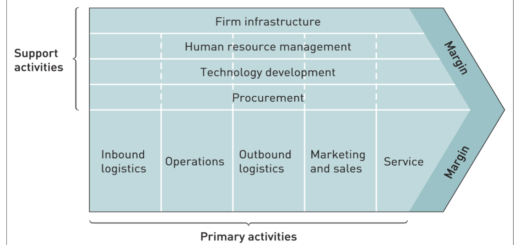Concept of Transformational Leadership
Transformational leadership is a leadership style that inspires and motivates followers to achieve their full potential, exceed their own expectations, and contribute positively to the organization’s success. The concept was first introduced by James V. Downton and later developed by James MacGregor Burns in 1978. It has since been further refined by researchers such as Bernard M. Bass and Bruce Avolio.
Individualised consideration Leader treats each follower on his/her own merits, seeks to develop followers through delegation and coaching/mentoring
Intellectual stimulation Encourages free thinking and emphasises reasoning before taking any actions
Inspirational motivation Creates an optimistic, clear and attainable vision of the future, encourages others to raise their expectations
Idealised influence Makes personal sacrifices, takes responsibility for actions, shares credit and shows determination
Transformational leaders focus on creating a shared vision, fostering a positive organizational culture, and promoting individual growth and development. They inspire followers to work towards a common goal, with a focus on long-term success rather than short-term gains.
Explanation of Transformational Leadership:
Transformational leadership involves four key components, also known as the 4 I’s:
- Idealized Influence (Charisma): Transformational leaders serve as role models for their followers, demonstrating high ethical standards, strong values, and a clear sense of purpose. They gain trust and respect from their followers, who in turn are more likely to emulate their leaders’ behaviors and attitudes.
- Inspirational Motivation: Transformational leaders have the ability to inspire and motivate their followers by communicating a compelling vision and setting high expectations. They foster enthusiasm, optimism, and commitment to the organization’s goals, encouraging followers to strive for excellence.
- Intellectual Stimulation: Transformational leaders challenge their followers to think critically, question assumptions, and explore new ideas and approaches. They promote creativity, innovation, and continuous learning, helping followers to develop their problem-solving skills and adapt to change.
- Individualized Consideration: Transformational leaders provide personalized attention and support to their followers, recognizing their unique strengths, needs, and aspirations. They act as coaches and mentors, offering guidance, encouragement, and opportunities for growth and development.
The transformational leadership style has been associated with numerous positive outcomes, including increased employee satisfaction, commitment, productivity, and innovation. By inspiring and empowering their followers, transformational leaders can drive organizational change, improve performance, and create a positive work environment that fosters long-term success.




